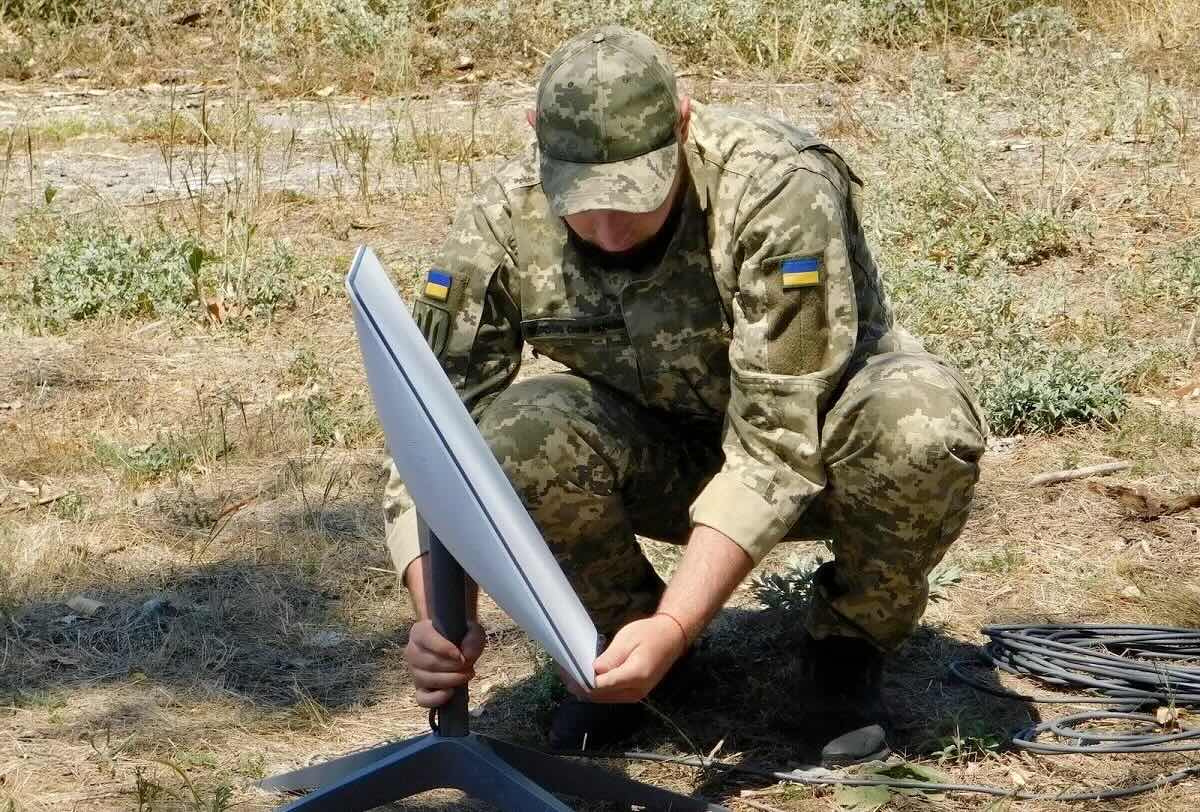


Krzysztof Gawkowski, who also serves as digital affairs minister, said the veto removes the mechanism the government uses to pay Starlink subscriptions for users in Ukraine. He added that associated support for hosting Ukrainian state data in secure Polish facilities would also lapse.
Nawrocki rejected on Monday, 25 August, a government bill that would have prolonged measures for Ukrainians who fled Russia’s war, arguing that social benefits should be limited to those in work. He said he would present his own draft legislation in the coming days, as planned.
The decision underscores tensions between the head of state and the pro-EU government led by Prime Minister Donald Tusk, which has sought to maintain broad support mechanisms for Ukrainians who arrived after the full-scale invasion.
According to Poland’s Ministry of Digital Affairs, the authority to finance satellite connectivity for Ukraine stems from the 12 March 2022 law on assistance to Ukrainian citizens, which created a state fund for that purpose. Without the now-vetoed extension, the ministry says there will be no legal basis or money to continue the programme after 30 September. Officials have said they are examining other legal routes to maintain continuity, but have not announced a solution.
Poland has supplied tens of thousands of Starlink terminals and paid for their operation since 2022. The ministry’s spokesman has said around 30,000 subscriptions in Ukraine rely on Polish funding, supporting connectivity for schools, hospitals and other public bodies. Industry data published in the Polish press shows that by late 2024 the government had purchased roughly 24,560 terminals for Ukraine, with total spending over three years of about 323 million zloty, most of it for subscription fees.
Gawkowski made his comments after posting on X that the veto “de facto” disconnects Ukraine from the internet because it blocks the legal underpinning for the state to pay Starlink bills. He also said the decision would end Poland’s support for hosting parts of Ukraine’s public-sector data in secure locations. The minister said the government would seek alternatives, but warned that time was short with the current authority expiring at the end of September.
Nawrocki, who took office earlier this month, has coupled the veto with proposals to limit access to child benefit and healthcare for Ukrainians not in employment and to criminalise the public promotion of Stepan Bandera, a historical figure contentious in Polish-Ukrainian relations. While the presidency says support for Ukraine remains a priority, these measures reflect domestic pressure over the scale and cost of assistance since 2022.
Ukraine’s battlefield communications have depended heavily on satellite links since the start of the full-scale invasion. European governments have in recent months discussed complementing privately provided services with EU-coordinated alternatives. In July, Denmark announced—via the European Defence Agency—that it would provide satellite communication services and receiver terminals to bolster Ukraine’s secure connectivity, with Brussels expecting other member states to join similar schemes.
The wider European context is shifting as well. The European Defence Agency has expanded its satellite-communications initiatives, brokering commercially available capacity for governments and militaries. Denmark’s July move, presented as the first such contribution via an EU framework, focused on European-produced services and receiver terminals to strengthen resilience and reduce single-vendor dependence.
Those measures will not replace Ukraine’s existing Starlink footprint overnight, but they point to complementary channels that could mitigate any funding gap. In practical terms, officials in Warsaw and Brussels now face a race against time to align legislation, contracts and technical handovers so that public-sector links inside Ukraine do not suffer interruptions in October either.
Starlink terminals on Russian drones raise fears of real-time targeting